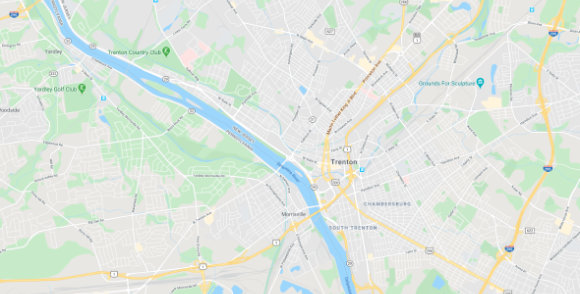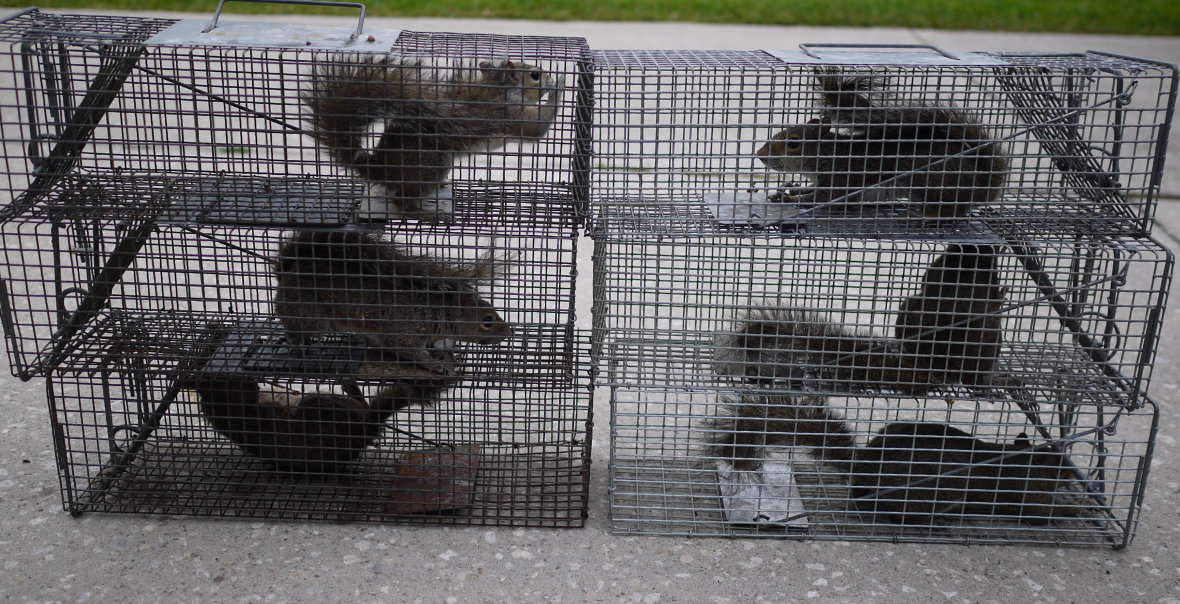- info@Trentonanimalattic.com
Call 24/7 for a free quote:
609-421-1057

Attic Animal Pest Trenton
We are Trenton Animal Attic, a full service wildlife removal company servicing Trenton, NJ. Whether you are hearing scratching noises as you lie down to sleep, or you awake to find signs of animals digging in your yard or garden, we are here to help you deal with any wild animal problem. No matter how big or small the job, our team of friendly telephone advisers will discuss your situation with patience and respect, and they can offer good advice on what you can do, as well as arranging one of our animal removal experts to visit. The idea of living at home when there are animals in the walls or roof space can be stressful, so we try to get someone to you as quickly as possible – often on the same day! We specialize in situations where there are wild animals in the attic, and can identify the species present based on the damage they cause and the spots they are using to get in and out. Depending on the species we will use exclusion methods or trapping and removal of the animals to get them out of your property. Another service that we offer is dead animal removal, so if you do start to smell something decaying then we can find the source and remove that safely for you as well. Call us now at 609-421-1057 for a solution to your wild animal problem.
About Pest Animal Trenton and Our Services:
We answer our phones 24/7.
Thorough inspection of your property and attic.
Humane wildlife trapping and exclusion.
We repair wildlife damage and prevent re-entry.
We offer attic cleanup and sanitation services.
Specializing in wildlife only - no poisons.
Fully New Jersey licensed and insured.
Poison-free Trenton rodent control - rats and mice.
Our Service Range

Our Service Range
Hamilton Township, Trenton, Princeton, Ewing Township, West Windsor Township, Robbinsville Township, Lawrence Township, East Windsor, Pennington, Hopewell Township, Hightstown, Hopewell, Windsor, and more.Trenton Wildlife Removal Tip of the Month: Tips on Trapping a Cage-Shy Wild Animal
Traps are built in varying shapes, sizes, design, and mechanism. There are small traps intended for mice and Trenton voles and there are large pens for capturing multiple boars. With the difference in style, you will probably think that one trap would be more effective than the other, but that is not true. Some wild animals will be cautious on interacting with the new things in their environment. You will notice how they will manage to avoid your trap. Sometimes, you will be compelled to conceal it in order to increase its efficacy. You need to be aware on the factors that affect the effectiveness of the trap.

Things to Consider When Capturing a Hard-to-Trap Wild Animal
You need to be proficient in conducting different trapping techniques for various animals. If not, all your efforts will go to waste. In this article, let us discuss some of the factors that can increase the success of capturing the wild animals.
Human Scent
Most wild Trenton animals have an amazing olfactory nerve. The human scent that has accidentally been transferred into the trap is perhaps one of the reasons why the animal refused to go anywhere near it. When an animal approaches a certain object, they are smart enough to figure out if there is something unusual about it. You need to find ways on how you can encourage them to enter the trap and overcome their uncertain feeling. It may be time consuming but neutralizing the odor with laundry detergent, and scent-removal spray can increase the probability of capturing the animal.
Placement
We’ve often mentioned here in our site that the effectiveness of your trap will rely upon the bait and its placement. The best location for your trap will depend upon the species that you are capturing. For instance, if it is a mouse or a rat, you may place it within their path. For the moles, you should set-up the trap inside their tunnels. You may also place the trap close to their feeding ground and near the entrance of their den. If you failed to capture the animal after 3 days, be sure to move your trap.
Bait Rotating
The idea on rotating the bait is based upon the curiosity of most wild New Jersey animals. There are loads of baits that are sold in the market or can be found in your own home. You should choose at least 4 of them and use them in rotation. While it is important to use bait that the creature is already eating, it is also necessary to introduce something new. Changing the scent may attract the trap-shy wild animal and encourage them to interact with the trapping device.
Trapping wild animals may be a complex process but it is not rocket science. It requires you to outsmart the creature by introducing something that will attract their attention. In case all your efforts are still in vain, it may be the best time to employ the wildlife professionals. They can assess your situation and determine the best solution for your unique scenario.

